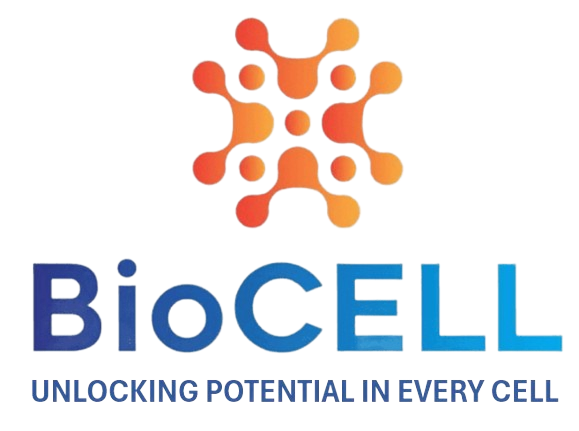Currently, all FDA-approved anti-CD19 CAR T-cell therapies are developed using a single-chain variable fragment (scFv) derived from murine FMC63. However, the presence of non-human (murine) scFv may induce human anti-mouse antibody (HAMA) response which would subsequently affect the persistency of CAR T cells in vivo1. Patients with relapsed or refractory acute lymphoblastic leukemia that had failed FMC63-derived CD19 CAR Lv is responsive to humanized CD19 CAR Lv (Clinical Trials # NCT02374333 & ChiCTR1900024456)
BioCell’s in-house CD19 CAR LV is constructed using a humanized CD19 CAR T design.
We have also fostered collaborations with clinicians and researchers at the Singapore General Hospital, as well as other research institutes to support translational research in the field of oncology.
We have been an active participant and collaborator with SGInnovate’s (Singapore) talent programmes2 – Summation3 and Helix4– which offer apprenticeship opportunities to the next generation of biotech talents.
We also collaborate with SGInnovate’s Talent Programmes, recognizing mentoring as a valuable avenue for nurturing the younger generation’s enthusiasm for and engagement in science and research.

References
- Lamers, C. H., Willemsen, R., van Elzakker, P., van Steenbergen-Langeveld, S., Broertjes, M., Oosterwijk-Wakka, J., … & Gratama, J. W. (2011). Immune responses to transgene and retroviral vector in patients treated with ex vivo–engineered T cells. Blood, The Journal of the American Society of Hematology, 117(1), 72-82.
- https://www.sginnovate.com/blog/how-cellvecs-dr-paula-lam-strives-give-her-mentees-competitive-edge-and-why-it-matters-long
- Summation (https://www.sginnovate.com/apprenticeship/talent)
- Helix (https://www.sginnovate.com/apprenticeship/helix-programme)

